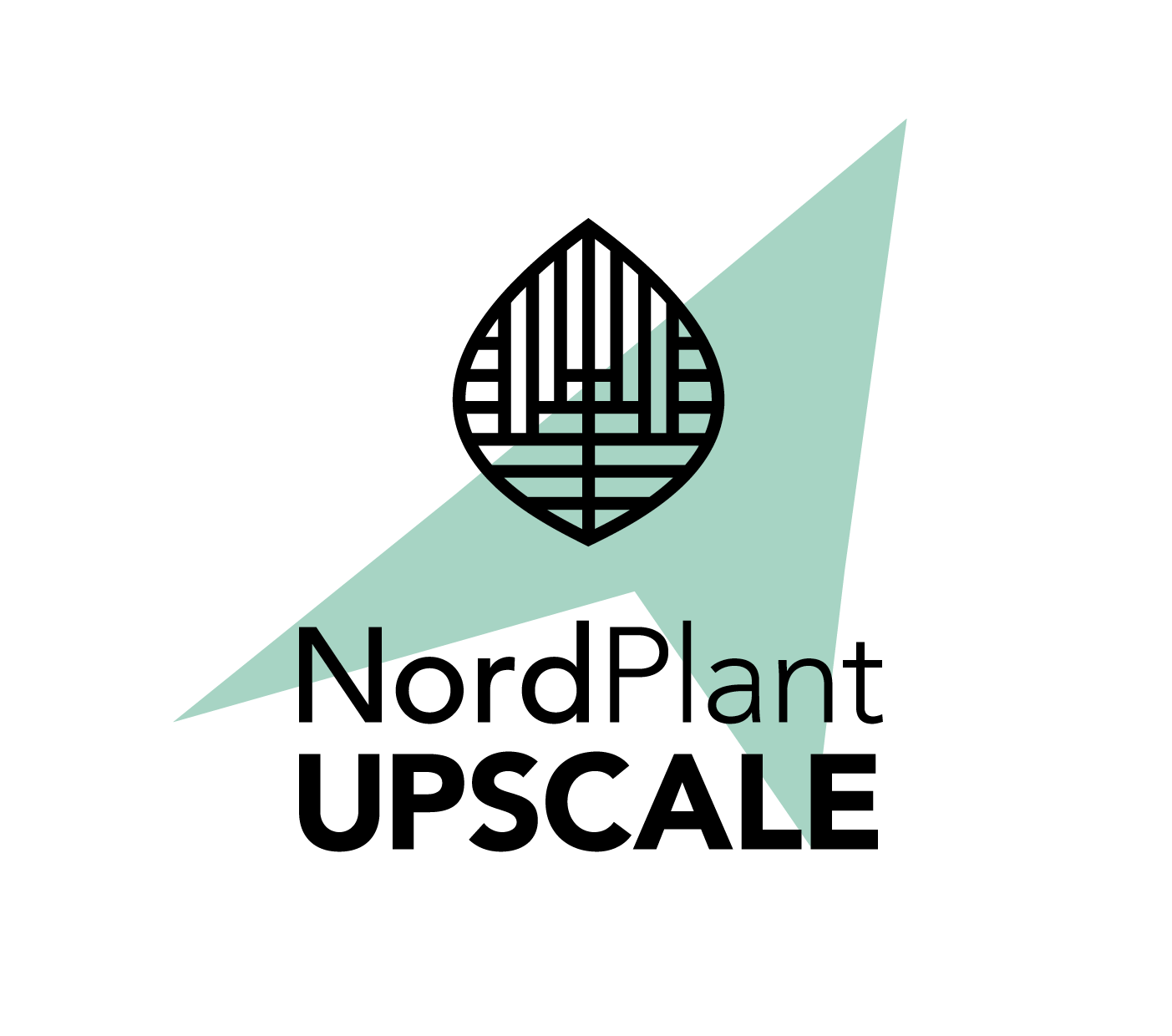NordPlant has decided to establish a number of focus groups to identify future challenges associated with Nordic climate change and to assist with technological developments around plant phenomics and climate research. At the NordPlant Kickoff in Helsinki 24-25 October 2018, the first four focus groups were formed:
1. Phenotyping methods in field, greenhouse, and cell physiology (UHEL): This group expressed an interest in a survey of needs from end users (farmers, breeders, students), with the goal of sharing knowledge and meeting educational needs. On the university level, a long-term goal would be to establish phenomics as a new discipline, where the students would study the topics that are already needed in the field. In addition, a research need is to establish a sheared technological infrastructure.
2. Data handling and integration related to phenotyping and modelling by integrated climate and phenomics data (UCPH/LU): The need to educate Nordic scientists today already using plant phenotyping in their research was identified and how this should be done was discussed. The group agreed that it needs to be an iterative process where users and developers have an active dialogue. It was also considered whether there were some specific needs for the Nordic countries with regard to standards, but the conclusion was that it foremost was important to align and link Nordic plant phenotyping research to already ongoing pan-European and global efforts in the area. In line with these thoughts, NordPlant is hosting an INRA-led workshop on plant phenotyping standards in Lund 29-30 April 2019
3. Emerging and increasing plant pathogens and pests in the Nordic countries (SLU): The group members have discussed the possibility to write a review/summary article related to their respective subject area. The focus groups shall report back to the WP1 leader (Erik Alexandersson) regarding activities, dissemination of findings and results. Possible subjects are emerging and increasing plant pathogens and pests in the Nordic countries, with the goal of collate, translate and compare recommendations from the respective authorities in each country.
4. Abiotic stress relevant for future climate change in the Nordic countries (UiT): The participants in focus group 4 are primarily interested in cereals, grain legumes and other broad-leaved crops. One planned potential activity is to use the broad spectrum of expertise in the group to gather interested parties to write an opinion or review paper about the most abiotic stresses with a Nordic/Baltic focus with Physiologia Plantarum as a possible target journal. The group has also discussed a PhD course/workshop combining environmental stress and phenotyping at Tromsö focusing on transportable phenotyping methods, as well as a workshop on metabolomics along with morphological phenomics with a special focus on how to integrate the various omics.


